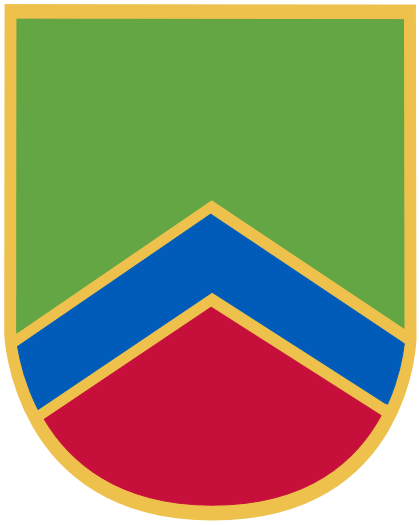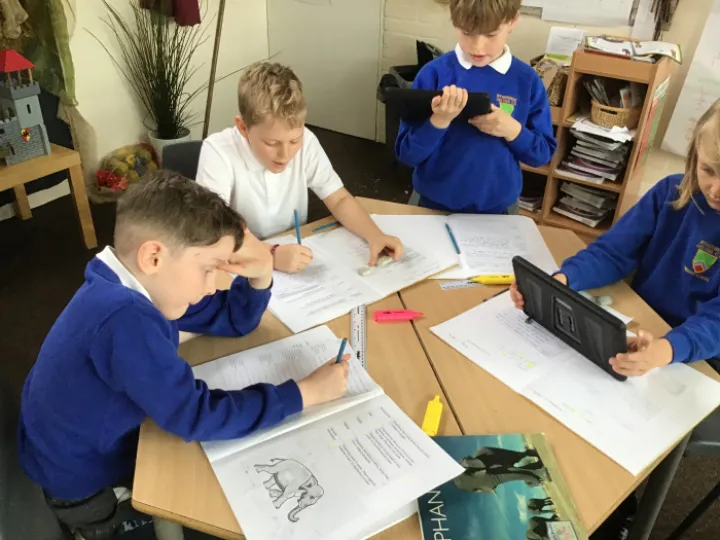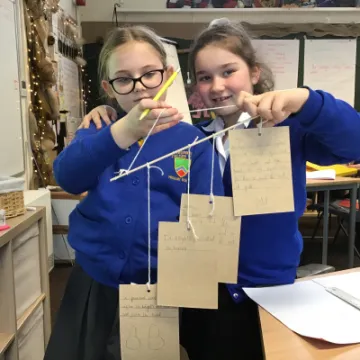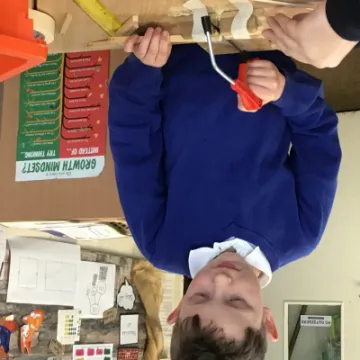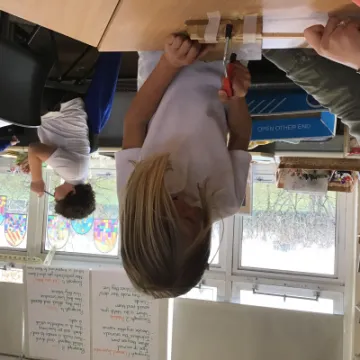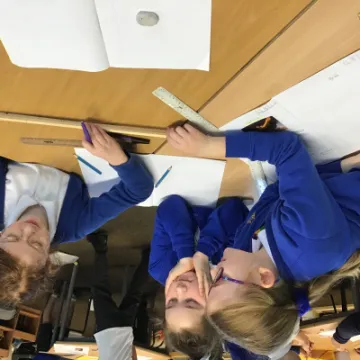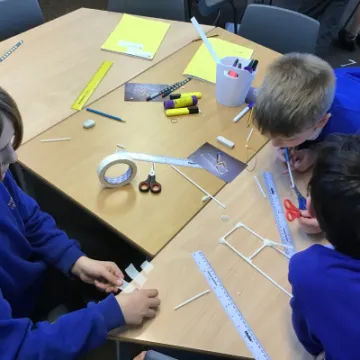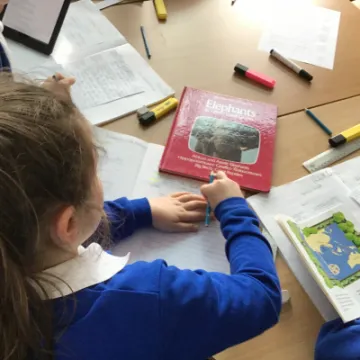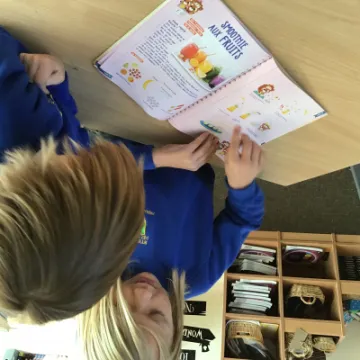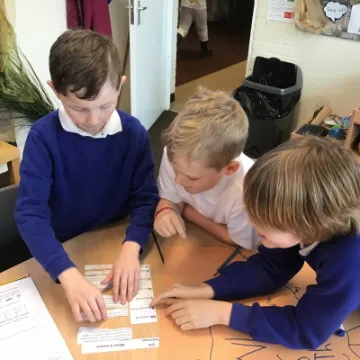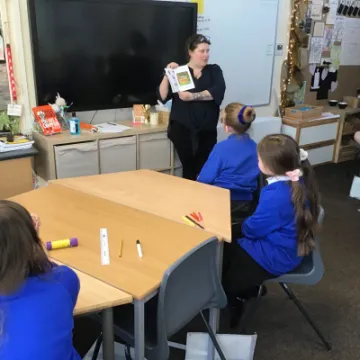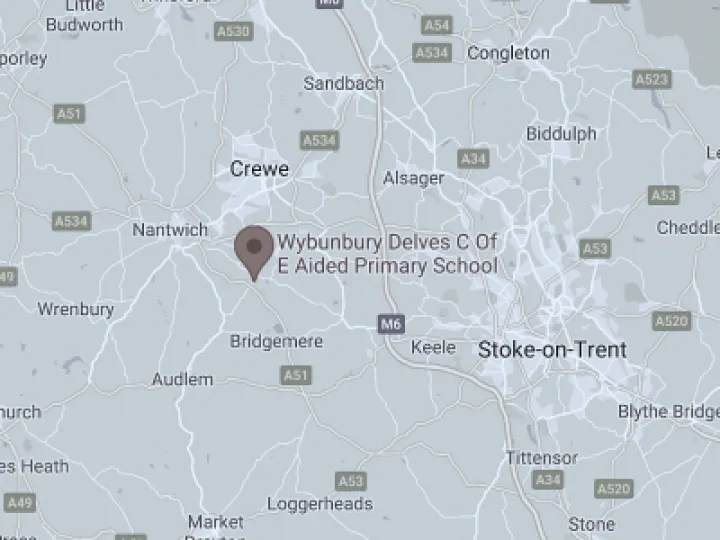Year 4 News 11.03.22
Throughout our English lessons this week, we have continued to develop our non chronological skills. We learnt how to use possessive apostrophes, the correct use of there and their and how to organise our information using subheadings. We have also practised our writing skills through our short burst writes. Towards the end of the week, we planned our own shared writes based on elephants.
In our spelling lessons this week, we have been learning how to use the suffix ous at the end of our words. We learnt how the spelling rules change and took part in a variety of activities to practise our spellings.
This week our reading lessons have been used for reading aloud. We have been enjoying our big cat books, spending more time reading our Year 4 challenge books and reading our books from home.
In our Maths lesson this week, we completed our Perimeter unit of work. We consolidated our knowledge of calculating the perimeter of rectilinear shapes by splitting them in to regular shapes rather than compound. We have then moved on to our fractions unit. In these lessons, we have learnt about tenths and hundredths. We have looked at visuals to help us to understand the amounts. We have also learnt about equivalent fractions this week.
In our RE lesson this week, we continued to develop our knowledge of how Hindus describe God. This week, we listened to the Svetaketu story. We discussed the concept that God is like salt in water. You cannot see him but he is the taste in the water. We then explored the Bhagard Vita. This explored similar phrases including things like 'He is the radiance in the sun' and 'He is the smell of fresh flowers'. The children worked through the text and considered how these phrases linked to our views of God.
This week we had a very special visitor to class for our French lesson. Madame Sophie visited us in Year 4 and we listened to a well known story – The Gruffalo. The children loved listening and seeing which words they knew and recognised. Once we listened to the story, the children were given time to explore some books which Madame Sophie had brought in. We loved exploring the recipe books, comics, story books and so much more!
Year 4 had their first DT lesson for our new unit this week. Over the next couple of weeks, the children are going to be designing and making their own catapults. We started the unit off by watching some videos of working catapults. We loved watching the trebuchet at Warwick castle. We then learnt and discussed why the Normans used catapults. Later on in our lesson, the children were shown the style of catapult they would be making. We discussed the resources we would use and the elements we needed to our design. We then made prototypes of our designs. Using art straws we created our prototypes and we were so impressed by how effective they were and how they worked as a real catapult. In our next lesson this week, we evaluated our prototypes. We considered what worked well about them as well as what we would change for our final design. We then measured each piece of wood which we would need for our frames. The children then learnt how to use the hand saws to cut each piece to size.
In Geography this week we have begun to learn more about English counties. Using addresses of famous castles from around the UK, we identified the names of different counties, then we challenged ourselves to look at a blank map to guess how many there are in total. Our main learning focus was to find out more about land use. We were all asked to think about if we were given a piece of land what would we do with it. We came up with so many ideas and this showed us how land can be used in a variety of ways. This knowledge helped us to find out more about the land use around Wybunbury. We marked an OS map to show the residential and agricultural land use in the surrounding area.
We began our music lesson this week by playing rhythms using middle C; followed by note D; note E and finally note F. We then moved on to play C, D, E and F in groups. Notes F, D, E, C and DD was next to create, 'We Will Rock You.' We played this in groups – and then as a whole class. We then learnt note G. To play G, we needed to pinch our lips tighter and blow the air faster. To practise this new learning, we played middle C, then G straight after to enable us to tell the difference between the two notes. The 'We Are The Best' rhythm was next, where we played middle C only. The main focus was on note separation. To enhance our rhythm, we added note F at the end. It sounded so much sharper.
We learnt that when two players play different notes at the same time, they can compliment each other. They made a really nice sound. We played C and E together. This made the volume sound bigger. Mixing the sounds together adds texture to the sound. We then split into two groups – one playing C and D and the other playing – E and F. Also, when playing a wind instrument, we must breathe through our mouths to play it correctly. We don't need to breathe after every single note as some of us have discovered! We ended up really tired!
This week, we have also been visited by PC Nick.
In History this week, we have learnt about the system which William the Conqueror introduced to keep control of his kingdom – The Feudal System. The children learnt about how William gave land to his citizens in return for their loyalty. We considered whether we agreed with this system and created our own Feudal System mobiles.
This weekend I have set Spag.com homework for the children to consolidate their understanding of possessive apostrophes.
I hope you have all had a lovely weekend.
Quick Links
Contact Us
office@wybunburydelves.co.uk
01270 841302
Wybunbury Delves
Bridge Street
Wybunbury
Nantwich
CW5 7NE
